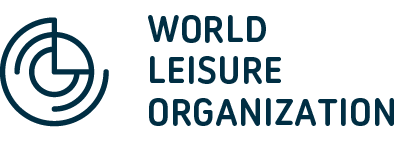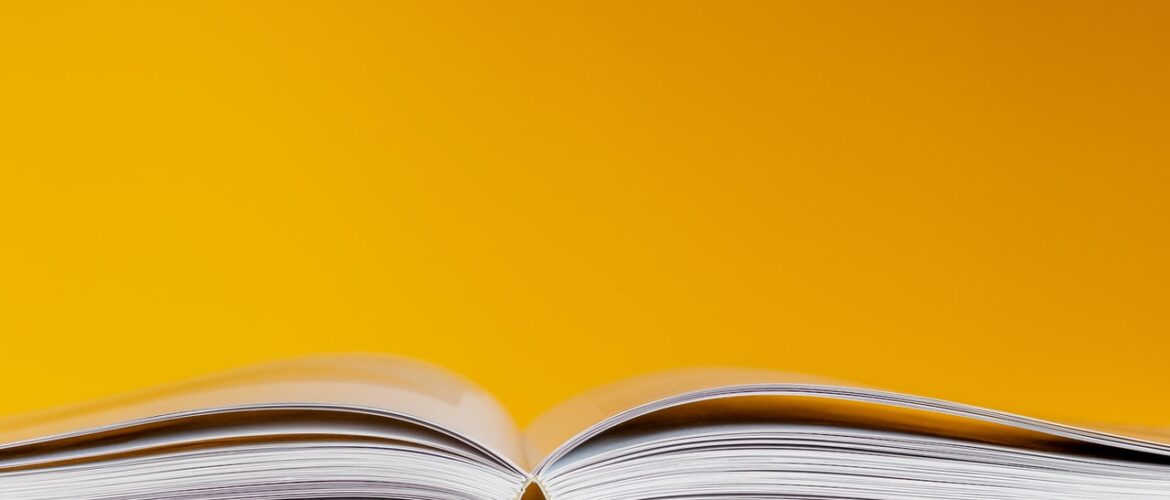By Teresa Freire, Assistant Professor, School of Psychology, University of Minho (Portugal); Chair of the Leisure and Well-being SIG
There is (was) substantial evidence-based literature on the benefits of leisure for adolescents when considering their need for thriving and flourishing. Research contributions were until now very clear about the role of leisure in the lives of adolescents. Studies have been showing the central role leisure has on the self and identity development, or in building meaningful relationships with significant others, or still, its role as the primary source of meaningfulness in life and well-being.
The emergence of the main focus on the positive development of youth put leisure as cutting-edge knowledge to a deep understanding of adolescents’ needs, problems, but also potentialities and strengths. Within interdisciplinary literature, leisure has been understood as a context, an activity, or an experience. It bridges the individual with a great diversity of life contexts, making the concept of ecological self the central basis for the positive and optimal development of young individuals.
From a developmental lens, research on youth developmental processes highlighted the importance of social and interpersonal relationships, as the basis for a robust individual growth process and self-knowledge. Connections with others bring the possibility to understand the self as a singular and unique entity. Adolescents are in development, which means they are in the need to explore, know, and test the world, or build a new mindset. They need to identify themselves integrated into a world that includes others/people, things, and environments. Leisure has been conceptualized as a facilitator of self-regulation and a source of self-efficacy. Based on this, we developed scientific knowledge on the positive impact of relationships in presence, and because of this, the perils or pitfalls of uncontrolled technology that suppressed the real presence of others. How the lack of the presence of others could affect peer relations, intimate relations, family relations, learning processes, life goals, was one main research goal… we lived the outbreak of the presence of others. It was the pre COVID-19 milestone!
Suddenly and without warning or notice, a series of events took place in the lives of adolescents. Suddenly they were living a new outbreak worldwide. This latest outbreak was one of disease highly strong in compromising health and life. Those contexts understood as crucial and necessary to make life run, disappeared: suddenly no more schools, no more friends, no more structured leisure activities outside the home, no more public spaces, no more groups or crowds. In a certain way, life was in standby (the COVID-19 period milestone). Reversely, adolescents got more and more home context, parents, family, remote or virtual activities, remote or virtual relationships, and so on in virtual life. They stopped one of the most critical tools for growth: to live outside the family, meeting new people, activities, and relationships, which means to learn autonomy, where leisure is essential. Changing the external structure (life) while changing the internal structure (the self), can damage. In the process of simultaneous changes, where the known network of contexts and experiences were supporting all developmental processes, everything has to be revisited, changed, and adapted in terms of knowledge that supports the promotion of healthy lives. Within all these changes, where do we need to replace leisure? Is the meaning of leisure in life the same? Where can we re-find leisure, where can we find it, how is it achieved, and what kind of leisure do we like? Research needs to focus on new issues and topics to re-understand the role of leisure in youth development while also re-knowing about leisure activities and related kind of involvement and consequences.
In the pre COVID-19 period, we developed an intervention group program for adolescents, named “Growing-up with leisure”. This program supports a positive ecological development approach that emphasizes the interaction process between the individual and her/his diverse life contexts, integrating three critical dimensions: personal, social, and places/environment. The aim of the “Growing-up with leisure” program was to promote proactive adolescents to become agents of their development. Throughout program sessions, adolescents discuss the concept of leisure, what it means in their lives, and how they can profit from its benefits overcoming constraints and obstacles, considering their cognitive, emotional, and behavioral components of functioning. This program was designed for Portuguese adolescents from the 7th to 9th grade and integrated a total of ten weekly sessions weekly run. Results from experimental design to evaluate the program’s impact showed that adolescents improve their positive self-concept and positive leisure experiences with high levels of self-satisfaction, although worsening levels of anxiety and boredom. This program reinforced the impactful role of leisure in adolescents’ lives and the impact of intervention group programs promoting positive development in adolescence.
Being leisure related to life meaning and worthy lives, and thus being conceptually associated with the concept of positive development along life span, we need now to learn from this severe period of the COVID-19 outbreak to apply new leisure strategies that can replace the role of leisure in promoting youth well-being. COVID-19 outbreak made new topics emergent and prioritized the need to re-evaluate previous empirical results about leisure experiences, positive development, and youth. The way to do it is now on the road. The new challenges this made emergent are now underknown. Intervention programs need to be reorganized, in terms of intervention goals and topics of intervention. We aim now to restructure our intervention group program as a means to re-invent a new leisure paradigm in adolescence development in particular, and also from a life-span perspective. And this will also be the aim of our SIG on Leisure and Well-being.
This new scenario of life of the COVID-19 pandemic period showed we only knew part of reality. Despite all the scientific knowledge, we could not understand the human experience in its full potential and capacity for successful or unsuccessful adaptations. Research is now in a severe outbreak, one of the unknown bits of knowledge on human functioning and leisure experience. In line with this, we need to start a new era of leisure research and methodologies to capture what is new or what needs to be rebuilt in life and positive leisure science (the post COVID-19 period milestone).





Leave a Comment